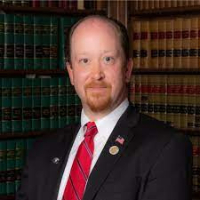 Massachusetts Family Law Lawyer List
Massachusetts Family Law Lawyer List
Includes: Collaborative Law, Domestic Violence & Neglect, Paternity, Prenuptial Agreements
Sponsored Lawyers
1-10 of 67 matches
60 Guild Street
Norwood, MA 02062
Family Law
77 Merriam Ave
Leominster, MA 01453
Family Law
Farms, Family Law, Child Support, Divorce & Family Law, Estate
Business Organization, Family Law, Personal Injury, Real Estate
Real Estate, Estate Planning, Family Law, Business Organization







